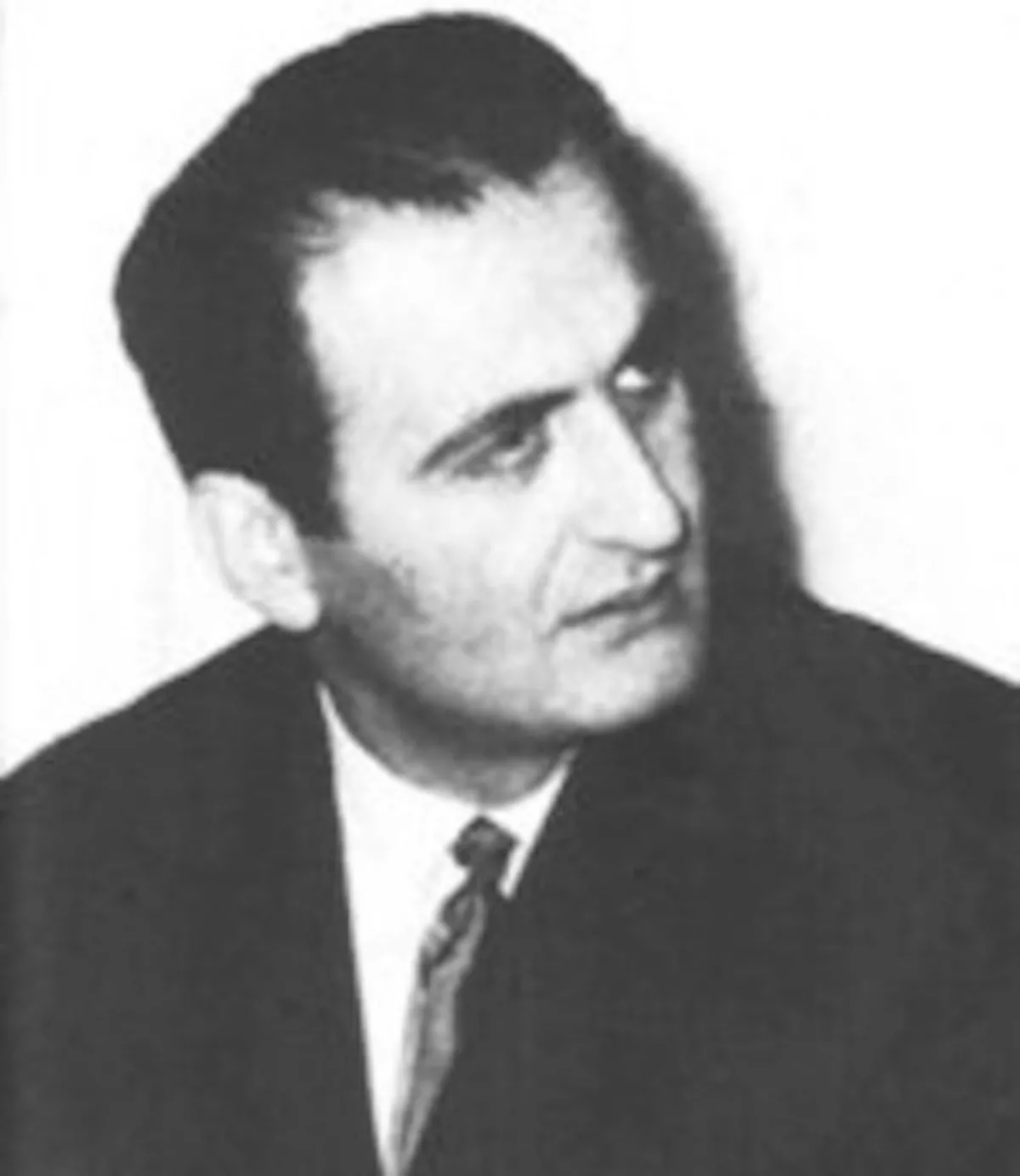 1.
1. Salah Jadid was a Syrian military officer and politician who was the leader of the far-left bloc of the Syrian Regional Arab Socialist Ba'ath Party, and the de facto leader of Ba'athist Syria from 1966 until 1970, when he was ousted by Hafez al-Assad's Corrective Movement.